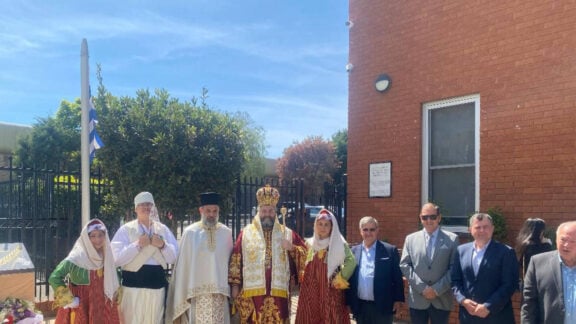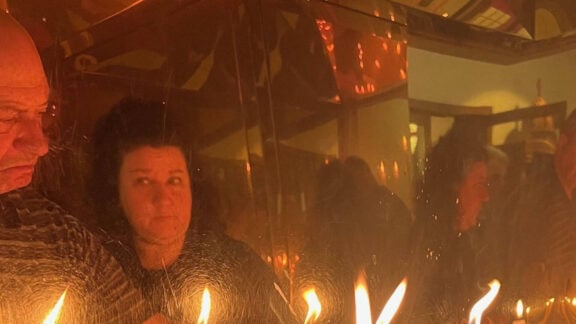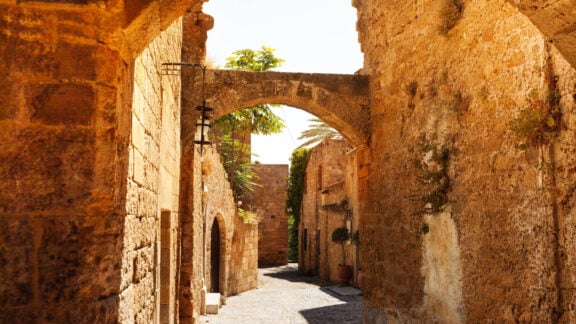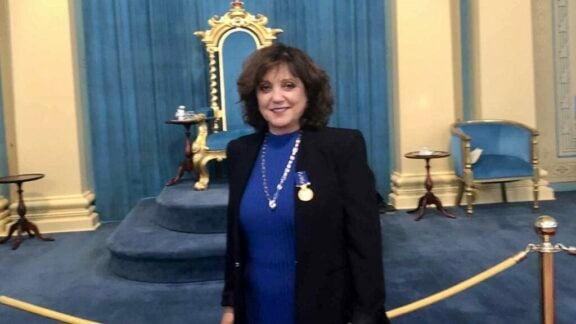The ancient Greek world was full of gods – gods who controlled the fate of mankind. In such an environment, it made sense for mortals to find out what the gods had in store.
Delphi became so busy that long queues would form on the certain days of the month on which the priestess could be consulted and, in later times, several oracular priestesses would operate at once. But consultants had to be careful how they interpreted the, often unclear, answers of the oracle.
It was here that the practice of oracular consultation came into its own.
An oracle was a gateway to knowing the will of the gods, a cosmic information super highway for understanding what lay ahead.
The most famous oracle was the priestess of the temple of Apollo at the sanctuary of Delphi. So important was this sanctuary and its oracle that Delphi even became known as the omphalos – the belly button – of the ancient Greek world.
Individuals, cities and kings would come from across the ancient world to put their questions about their future plans to the Delphic oracle and wait to receive a response about what the gods thought of them.
Delphi became so busy that long queues would form on the certain days of the month on which the priestess could be consulted and, in later times, several oracular priestesses would operate at once. But consultants had to be careful how they interpreted the, often unclear, answers of the oracle.
King Croesus of Lydia (modern-day south-western Turkey) asked the oracle whether or not he should go to war on his neighbouring kingdom.
The oracle replied that if he went to war, a great kingdom would fall. Croesus interpreted this as being his enemy’s… it turned out to be his own.
But Delphi was not the only site of oracular consultation in ancient Greece.
In north western Greece was the oracular site of Dodona, where consultants wrote their questions on small lead tablets, which still survive today.
In the deserts of Egypt, at the oasis of Siwah, lay the oracle of Ammon, which Alexander the Great make the journey to visit during his conquests.
And if a long journey wasn’t an option, then the ancient Greeks could consult one of the many ‘chresmologoi’ or ‘manteis’ (‘oracle-sellers’ and ‘seers’) who lived in the cities or travelled with armies, and who promised (for a fee) to translate the will of the gods by reading the signs of animal entrails, the flight of birds, the ripples of water or by using books of prophecy amongst a myriad of other mechanisms.
And it wasn’t just the gods who could be consulted about the future.
The spirits of the dead could also be consulted, particularly at certain sites around the ancient world where there were said to be entrances to the underworld, like at the ‘necromanteion’ (oracle of the dead) near the river Acheron in Epirus.
In finding their way in life, the ancient Greeks thus had many sources of advice to turn to. Which one to listen to, however, was another matter!








